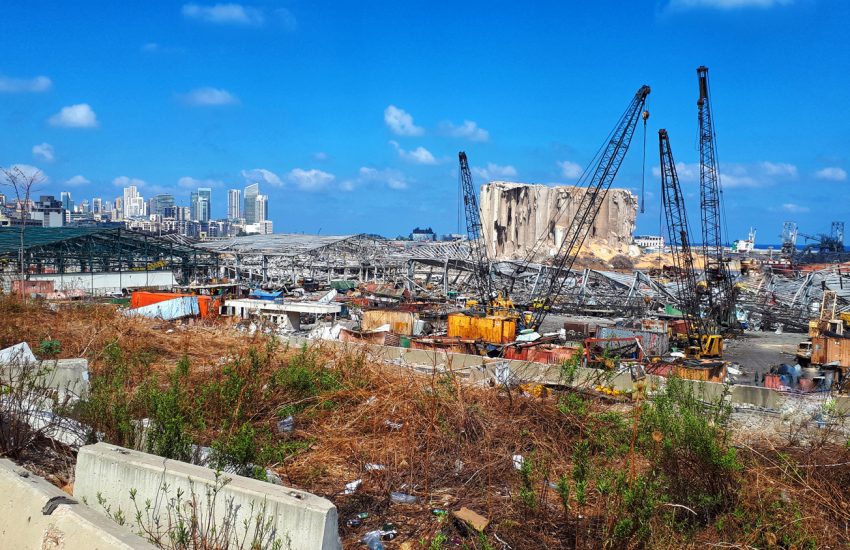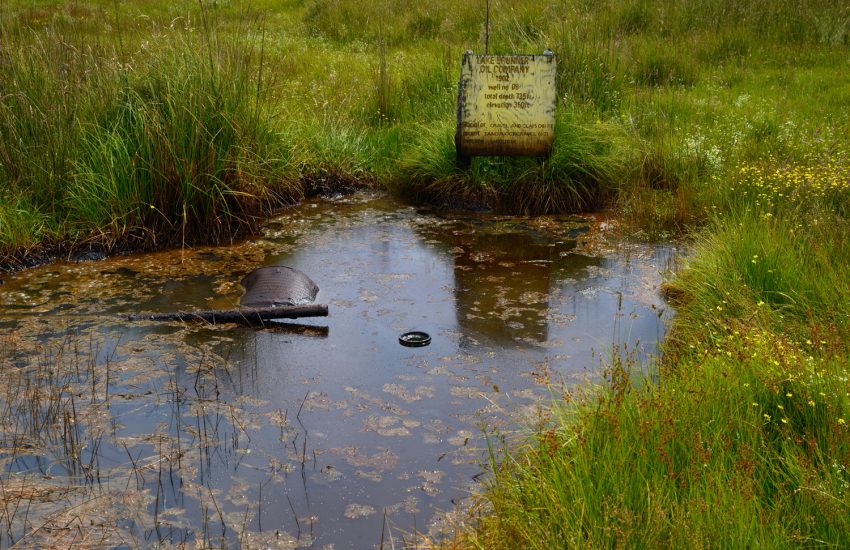During the final days of the Trump administration, the U.S. Department of Justice’s Environment and Natural Resources Division (ENRD), which represents the Environmental Protection Agency (EPA) in environmental enforcement actions, issued a memorandum that summarizes new polices relating to Supplemental Environmental Projects (SEPs). SEPs are environmentally beneficial projects that settling parties had previously been allowed to undertake either to diminish fines or to serve in lieu of paying civil penalties in order to resolve environmental law violations, and had been popular with alleged violators and …
Continue Reading






